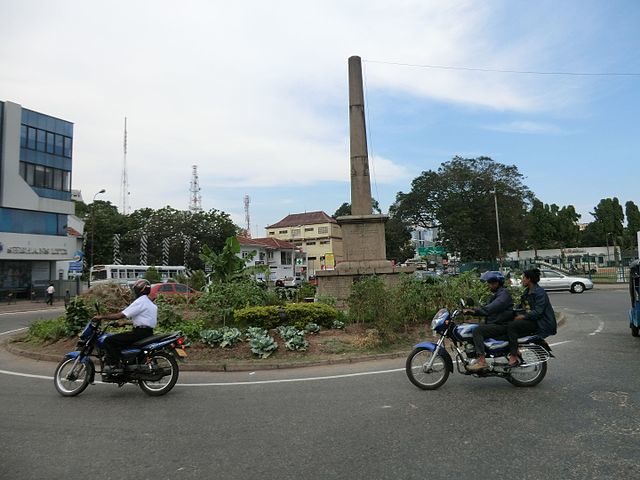The Sri Lanka-Singapore Free Trade Agreement (SLSFTA) has been ratified and will enter into force on May 1, 2018, allowing Singapore and Sri Lanka companies to gain greater access to each other’s markets across many sectors, according to Singapore’s Ministry of Trade and Industry (MTI).
Negotiations on the SLSFTA were launched by Minister of Trade and Industry S Iswaran and his counterpart Minister for Development Strategies and International Trade Malik Samarawickrama on July 18, 2016, and the free trade agreement (FTA) was subsequently signed on January 23, 2018.
The SLSFTA is Sri Lanka’s first modern and comprehensive FTA and will cover areas such as trade in services, e-commerce, telecommunications, investments, intellectual property, and government procurement, said MTI in an April 20 release.
Its key benefits include tariff elimination. Sri Lanka will eliminate tariffs for Singapore’s exports on 80% of all tariff lines in up to 15 years from when the SLSFTA enters into force.
The SLSFTA also contains one of the most liberal rules of origin which will allow more exports from Singapore to qualify for the lower tariffs negotiated.
The FTA will also provide access to government contracts. The SLSFTA includes Sri Lanka’s first treaty commitment on government procurement, allowing Singapore companies to bid for projects by several of its large central entities and state-owned enterprises.
Singapore and Sri Lanka have also committed to grant better access to each other’s services markets. The SLSFTA includes sectors of interest to Singapore companies such as professional, environmental, construction, tourism, and travel-related services.
Moreover, the SLSFTA includes an e-commerce chapter that covers relatively new disciplines including cross-border transfer of information by electronic means and data flows.
“This will benefit Singapore and Sri Lanka companies given the increase in demand for e-commerce and digital services,” the statement said.
The SLSFTA’s investment chapter will also provide greater protection for investments. It is the first where the Singapore International Arbitration Centre is listed as an institution under which investor-state disputes can be brought. This is aligned with the objective to promote Singapore as an arbitration hub.
In 2017, Sri Lanka was Singapore’s 36th largest trading partner, and bilateral trade amounted to SGD2.7 billion (US$2.05 billion), up 26.7% year-over-year.
In 2017, Singapore’s exports of goods to Sri Lanka totaled SGD2.5 billion, while its imports of goods from Sri Lanka totaled S$178 million. Sri Lanka was Singapore’s 27th largest export destination in 2017.
Top exports to Sri Lanka include petroleum oils and diesel fuel; nonmonetary gold; and jewelry. Top imports from Sri Lanka include motor spirit; fuel oils; perfumes; clothing accessories; and wheat flour.
Photo: Daibo Taku









